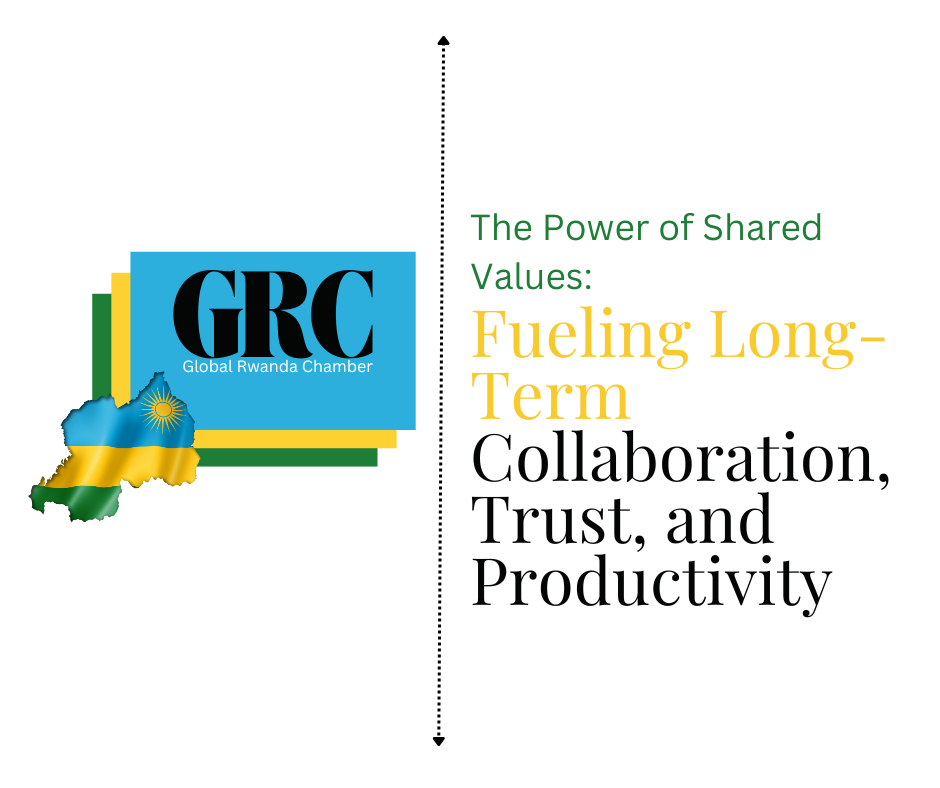In an increasingly competitive and fragmented world, where businesses are scaling at unprecedented rates and teams are built across continents, one critical factor remains the glue that binds people together — shared values.
Shared values are not slogans on a wall. They are the silent forces driving behavior, shaping culture, building trust, and creating purpose. Whether within a startup, a global enterprise, or a grassroots community organization, shared values influence every conversation, every decision, and every outcome.
Yet, in the race for profit or performance, this powerful principle is often overlooked — until things fall apart.
This article is a wake-up call for founders, leaders, and visionaries: the long-term success of any collaboration lies not in systems or spreadsheets, but in the invisible threads of shared belief and integrity.
Why Shared Values Matter More Than Strategy
A brilliant strategy without shared values is like building a castle on sand. It might look strong for a while, but when tested, it crumbles. But when people believe in the same cause, align on ethical standards, and are driven by a common mission, something extraordinary happens:
-
Conflict reduces naturally
-
Trust builds without force
-
Productivity soars without micromanagement
-
Loyalty deepens beyond financial incentives
In fact, companies and teams rooted in shared values withstand pressure better, adapt faster, and retain talent longer than those focused only on short-term gains.
Building Culture on Shared Values — Not Just KPIs
True collaboration begins when everyone is aligned not just on what needs to be done but why it matters.
Startups that embed values into their hiring, onboarding, and daily rituals foster teams that go the extra mile — not because they are forced to, but because they believe in the mission.
Large organizations that reinforce values through leadership behavior, recognition systems, and storytelling experience fewer silos, lower turnover, and higher engagement.
This isn’t theory. This is the foundation of sustainable success.
The Long-Term Payoff: Stability, Innovation, and Growth
Shared values don’t just maintain peace — they ignite progress. When team members understand and believe in each other’s intentions, even bold, risky moves feel less threatening.
That’s how innovation thrives.
That’s how collaboration deepens.
That’s how teams become movements.
Shared values aren’t soft skills. They are survival skills.
They provide clarity in chaos, direction in doubt, and energy when morale is low. When values are shared, every individual feels they belong to something bigger than themselves — and that is when human potential is unlocked.
Don’t Wait for a Crisis to Realize the Power of Shared Values
Too many organizations wait until a breakdown happens — a scandal, a collapse in morale, a loss of trust — to start asking, “What do we really stand for?”
Don’t let that be your story.
Today, right now, audit your culture. Ask yourself:
-
Are we aligned on what we believe in?
-
Do we reward behavior that reflects our values?
-
Are our decisions reflecting integrity or convenience?
If the answers aren’t clear — take action. Start the conversations. Rebuild your culture. Reignite your team. Because shared values are not a luxury — they are the foundation for anything worth building.





